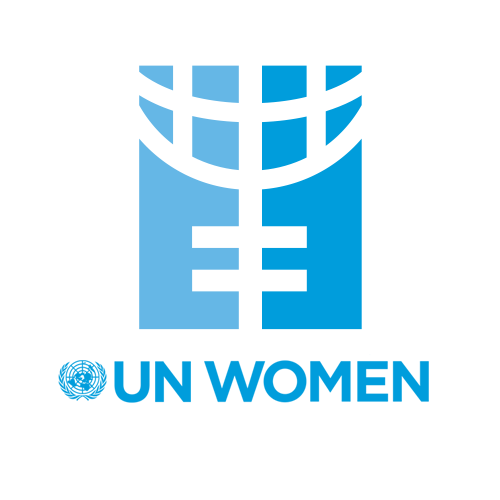At every stage of their displacement journey, refugees experience high levels of trauma and stress. Forced from their homes, at high risk of violence, and faced with separation from family, loss of livelihood and deep uncertainty about the future, the severe mental distress caused by displacement often long outlasts the journey itself.
Read More: Tech-tastic Tales: Unleashing the Magic of “Me, You & Technology”
According to a 2021 World Bank study amongst refugees in Uganda, refugees are ten times more prone to experience depression symptoms compared to native Ugandans, with incidence much higher among female refugees and the elderly.
On 20 June 2023, the global community marks World Refugee Day under the theme “Hope away from home”. As they rebuild their lives, improving the mental well-being of refugees is crucial to helping them work towards a better future. In line with this goal, UN Women works with implementing partners to support women’s access to mental health and psychosocial support services.
Since 2018, TPO and UN Women have been partnering to provide mental health and psychosocial support services to refugees in settlements across Uganda. Aimed at addressing the diverse and gendered mental health and psychosocial problems faced by people of all ages and genders, the partnership is active in the refugee settlements and host communities of Adjumani, Yumbe, Terego, Kyegegwa and Kiryandongo refugee hosting districts.
Read More: The Evolution of AI: Should the African Labor Market Be Concerned?
TPO utilises the Cognitive Behavioural Therapy (CBT) modality, where participants receive counselling, therapy and training on positive coping mechanisms and life skills. After the screening process that examines their mental health condition, those with severe symptoms are enrolled into a CBT group.
According to Rose Night, the Refugee Welfare Committee II Chairperson in Bidi Bidi Settlement’s Zone 2, cases of suicide and violence in villages where refugees have access to psychosocial support have fallen. “As leaders we used to register many cases of GBV, suicide and child battering, but these have reduced as refugees get mental health services and are able to adopt better coping mechanisms.”
Through the sessions, participants also gain livelihood and entrepreneurship skills and receive start-up capital upon completion. “The money that they receive after graduating from the CBT sessions helps them to start income generating activities,” says Rose.
Read More: Unleashing Tech Superstars –The Power of Edtech Development in Africa
Today, Molly’s literacy skills and her fluency in English have enabled her to secure job opportunities within the settlement: “I now act as a translator for most humanitarian organisations because I can translate from English to Arabic, the language that most refugees understand,” says Molly. She also serves on the Refugee Welfare Committee in her Zone, a position that she has utilised to advocate for issues that affect refugee women and girls in her community.
